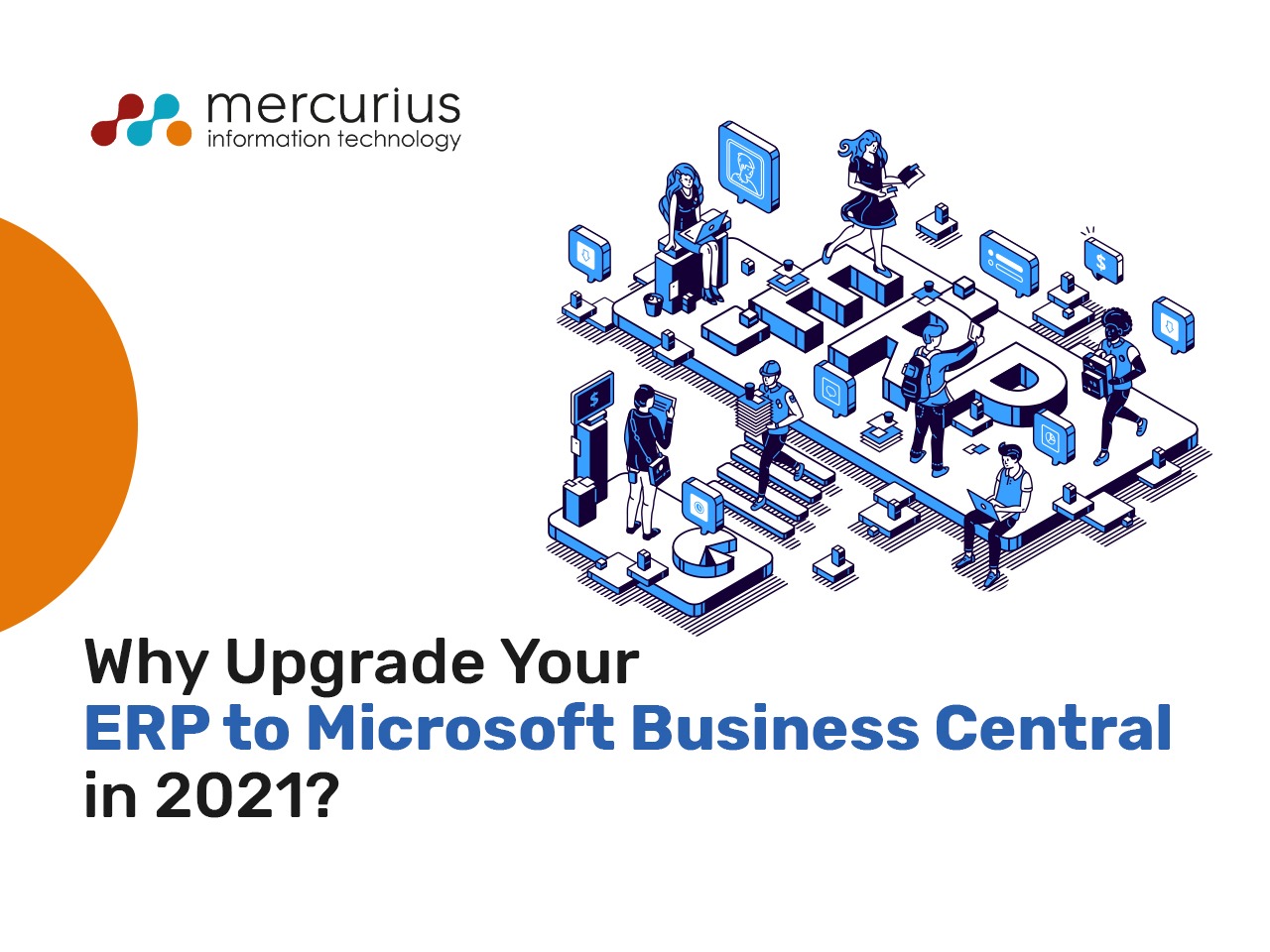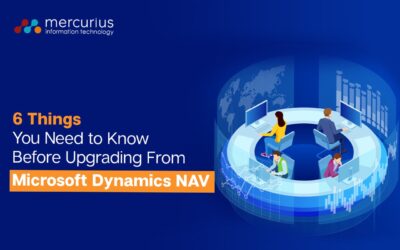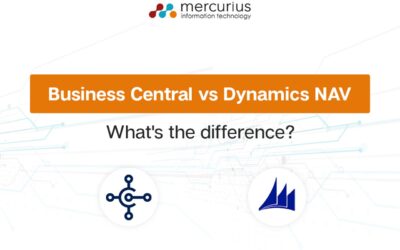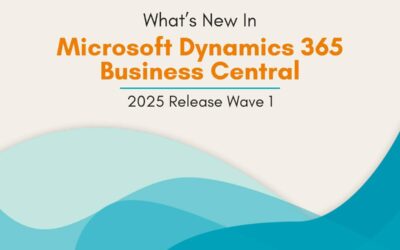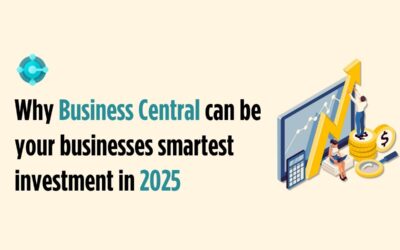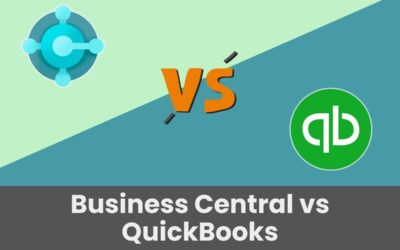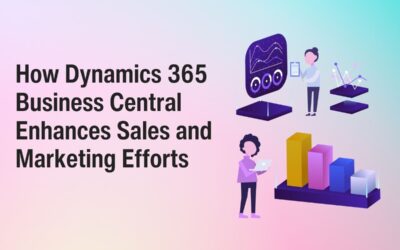Across the world, businesses have faced the brunt of the pandemic and are gaining momentum in the market again. However, new challenges approach for small and large businesses. To be prepared for this year and beyond, now is the time to consider upgrading your ERP system.
Businesses often use the same ERP system for years and initially see real benefits for their business. However, the rapid development of technology (automation, artificial intelligence etc.) means their legacy system cannot be relied on for continued efficiency and success.
Every year, ERP trends are investigated across industries, company sizes, and geographic locations. One organisation conducting research (Panorama Consulting) found that:
“Legacy systems and other outdated technology are becoming increasingly burdensome as we move into the post-digital era. As a result, more organizations are replacing their old systems with modern ERP systems and gaining a competitive advantage.”
Legacy systems create multiple disadvantages, including:
Vulnerable security
Legacy systems may no longer be getting regular security patches which can make them more vulnerable to security breaches and bugs in the system.
Slow Systems
Difficult Access
Substandard analytics
One of the critical drawbacks is that legacy systems are unable to integrate and analyze large amounts of data. These real-time data insights are especially crucial for improving the customer experience or optimizing a supply chain. For example, when inventory is managed through a legacy system, it is not always accurate and may not integrate with other systems.
This causes various problems:
– It is difficult to confirm and schedule orders when there is no simple way to determine if there is enough inventory on hand to complete the order.
– It can cause supply chain issues as buyers can’t determine when to re-order inventory since they don’t know how much inventory they currently have.
– Assigning inventory to jobs and tracking lot numbers throughout the production process becomes manual and time-consuming.
In fact, businesses often experience immediate benefits when their ERP system is upgraded.
3 of the major benefits gained by implementing the right ERP are:
- Gaining access to real-time data
- Ensuring regulatory compliance
Today’s ERP software has more detailed insights than ever before. To take full advantage of this advanced reporting functionality, many organizations improve business processes within their customer journey. This allows them to identify areas where they could create a more personalized customer experience.
- Improving productivity and efficiency
- Reducing operating and/or labour costs
- Optimizing inventory levels
- Removing silos
An ERP implementation or upgrade project makes people consider how their business works. What process improvements can be made? What key performance indicators will be measured? By understanding their processes and how these are affected by the functionality of modern software, companies can utilise their ERP for greater productivity as workflows are streamlined.
- Improving the customer experience
- Improving interactions with suppliers
- Building new operating models
More organisations are achieving these benefits by moving away from legacy ERP systems and focusing on change management. Change management is vital because business benefits would not be possible if end-users aren’t using the new software. Therefore, training employees early is fundamental to success.

Is your business already using Microsoft Dynamics NAV?
Would you like to talk to our experts about the right way to upgrade?
Without trying to sound too biased, in your search for the right ERP, we recommend Microsoft Dynamics 365 Business Central. Obviously, this software solution is one of our specialities, but for good reason. It is ideal for small to mid-sized organisations, with outstanding features making it is the best ERP currently available.
The 5 points below give some insight into why Microsoft Business Central is at the top of the ERP game.
Deployment & Accessibility
Customisation & Integrations
Functionality
Reporting & Analytics
Compliance & Security
We are the UK’s only Microsoft Dynamics solutions provider that offers a Fixed Price NAV Upgrade.
Want to know more about upgrading? Read the full series of blogs below.
6 Things You Need to Know Before Upgrading from Microsoft Dynamics NAV
We often find businesses using Microsoft Dynamics NAV but they’re delaying an upgrade due to unanswered questions. To shed more light on upgrading to Business Central, let’s go through some common misconceptions.I will not benefit from upgradingBusiness Central is the...
Upgrading from NAV? Join the webinar by Mercurius IT- the UK’s Top Dynamics NAV Partner
What is Business Central? Dynamics 365 Business Central is Microsoft’s latest Enterprise Resource Planning (ERP) solution developed for small to medium enterprises (SMEs). A refreshed User Interface, increased automation capabilities, and actionable business insights...
Microsoft Business Central vs. Dynamics NAV: What’s the difference?
To show how much the Dynamics suite has evolved, we're exploring the key differences between Microsoft Business Central and earlier Dynamics NAV versions. It has been over 30 years since the first version of Navision came out. Now thousands of SMEs are using the...

